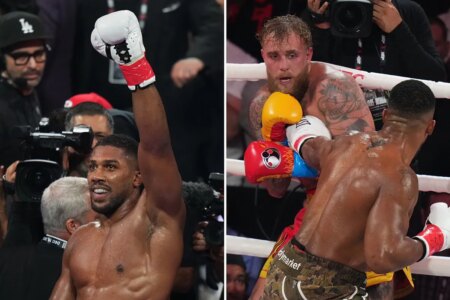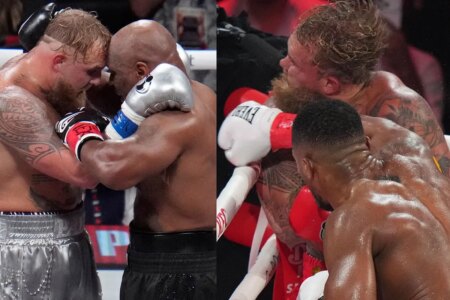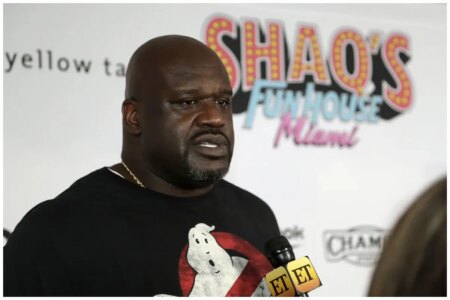On the eve of his 38th birthday, Terence “Bud” Crawford was not just feted, he was enshrined.
A hometown parade drew an estimated 20,000 supporters, transforming city streets into a sea of blue and gold, with Crawford at the center of a spectacle few fighters ever receive.
Riding atop a throne mounted on a semi, Crawford raised his hand to the ecstatic crowd. In the swirl of cheers and camera flashes, he later issued a succinct, resonant tweet:
Those six words delivered a declaration: his roots, his city, and his accomplishments belong to something greater than one fight.
A win that transcends the ropes
Crawford‘s triumph over Canelo Alvarez earlier this month in Las Vegas already made headlines, but the homecoming took things into another dimension.
Nebraskans lined the streets, families came out by the thousands, and the festivities had the atmosphere of a returning hero’s coronation. After all, few in boxing history are crowned undisputed champions in multiple divisions.
Though he stood proud amid the jubilation, the day held an undercurrent of finality. With Crawford now 38, questions swirl about whether the Canelo fight might have been his curtain call. In interviews, he has hinted that the collision was never about paydays so much as legacy.
Speaking with 4th & 1 with Cam Newton, Crawford looked back on periods when critics doubted his career path:
“It’s crazy, because when I was with Top Rank, a lot of people were saying, ‘He’s broke, he’s this and that.’ I was getting paid good money. But I’m like, ‘I don’t have to box. I can retire. Y’all box because you want to, I box because I love it.'”
He then conjured a vision of time’s judgment:
“A hundred years later they are going to talk about, ‘Remember that kid from Omaha, Nebraska, Bud Crawford? He went up two divisions, a matter of fact, three divisions, and beat Canelo Alvarez?”
And with conviction:
“My name is going to be rung and talked about when I am dead and gone, that’s what legacy is all about.”
Crawford‘s words carry personal weight: the coming decades will judge whether that promise holds. Omaha, on this day, already seemed convinced.
This was no routine victory parade. It was a consolidation of identity, memory, and expectation. Crawford‘s home state had become his amplifying board, his city his coauthor.
Read the full article here











